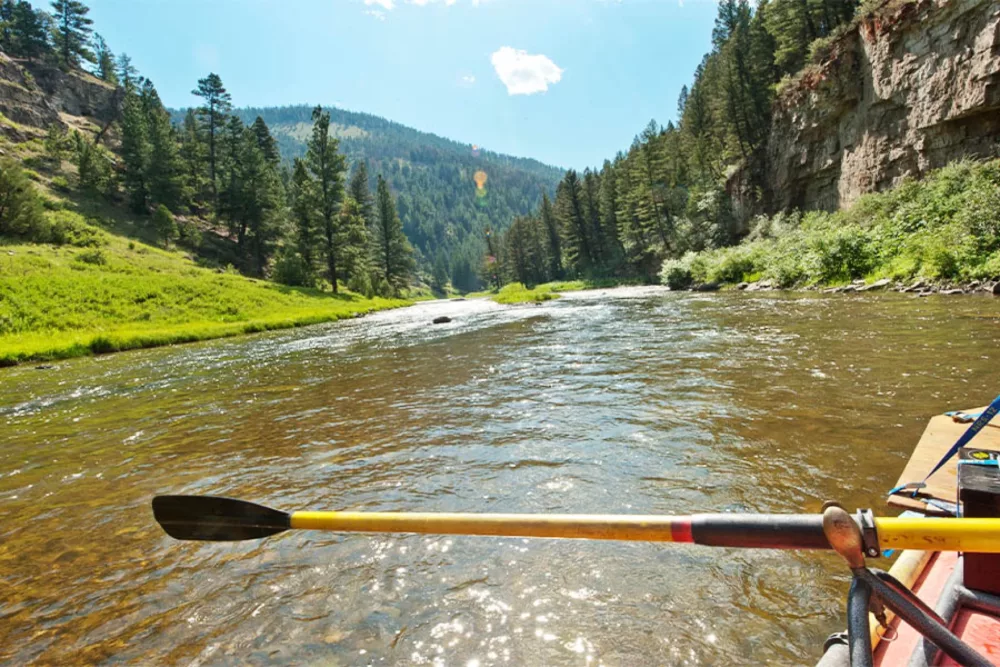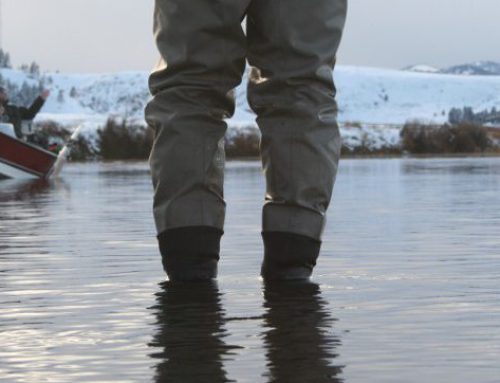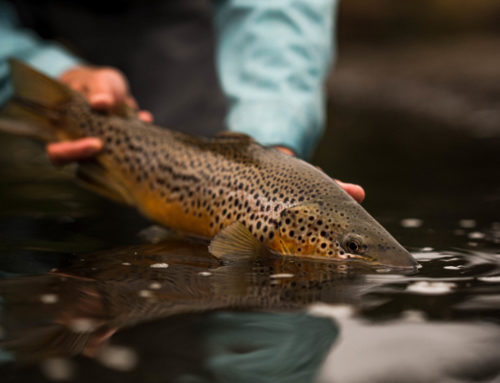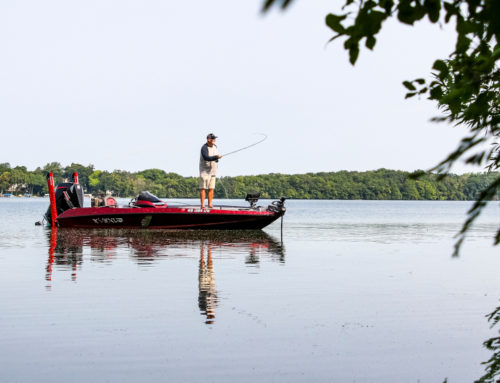Montana’s Smith River is a remote 59-mile wilderness-like floating and camping trip. Anglers, paddlers, and nature enthusiasts have enjoyed the river and its surroundings for generations. Managed as a state park by Montana Fish, Wildlife and Parks the Smith River has special rules for floating or fishing on the Smith River.
And, these rules just got updated…in a big way! Here is a brief summary of the major changes for 2024 from Montana Fish, Wildlife and Parks:
- Pit toilets will be removed at boat camps along the Smith River during the spring of 2024. All float parties, private and commercial, will be required to pack out their human waste from the Smith River corridor. Here is the list of approved river system toilets.
- The number of permits available for nonresidents may not exceed 10 percent of the available permits. This new law was passed as part of House Bill 846 in the 2023 Legislative Session.
- Floaters can apply for launch dates between April 1 and Aug. 15. In previous years, applicants were able to apply for permits through Oct. 31 and self-register after August 15. Now applicants must call Montana FWP.
- Applicants will have only one launch date choice, instead of three choices. Pick a good one! Here’s some advice.
- 2024 is the first year applicants can buy a bonus point for the Smith River Permit. A bonus point is essentially an extra chance you can purchase for the permit drawing.
Visit here to apply for a Smith River float permit in 2024.
About the Smith River State Park. Courtesy of Montana Fish, Wildlife and Parks
Smith River State Park has one put-in point (Camp Baker) and one take-out point (Eden Bridge) for the entire 59-mile stretch. The river is accessible only by non-motorized watercraft, including; rafts, canoes, kayaks and drift boats. Rowers and paddlers should have at least intermediate level skills. On average, visitors take four days to float the river.
From May 15 – July 15 floaters can stay on the river a maximum of four nights only. To help preserve the unique quality of the Smith River canyon, overnight camping must take place at designated boat camps.
Since the Smith River flows through a remote canyon, there are some things to keep in mind for this adventure; there are no public services from Camp Baker to Eden Bridge. Floaters must carry their own food, water, safety, camping equipment and a fishing license. It is advisable to bring all the drinking water you will need for the duration of your trip, as there is no drinking water available at the put-in location of Camp Baker. Also, Camp Baker does not have trash dumpsters, but one is available at the Eden Bridge takeout point along with aluminum-recycling bins.
Additionally, the Montana Headwaters Legacy Act, aims to designate over 20 miles of the Smith River and major tributary, Tenderfoot Creek, as Wild & Scenic–protecting it for generations.
More articles about the special rules for floating or fishing on the Smith River.
Image courtesy of Montana Fish, Wildlife and Parks
KRTV News Media in Great Falls, Montana.
Use onWater to Discover More Ways to Fish Smarter
Be sure to read onWater fishing blog posts to plan better and fish smarter.
Thousands of Place to Fish with Offline Maps
Three Ways Topo Maps Help You Find More Fishing Spots




